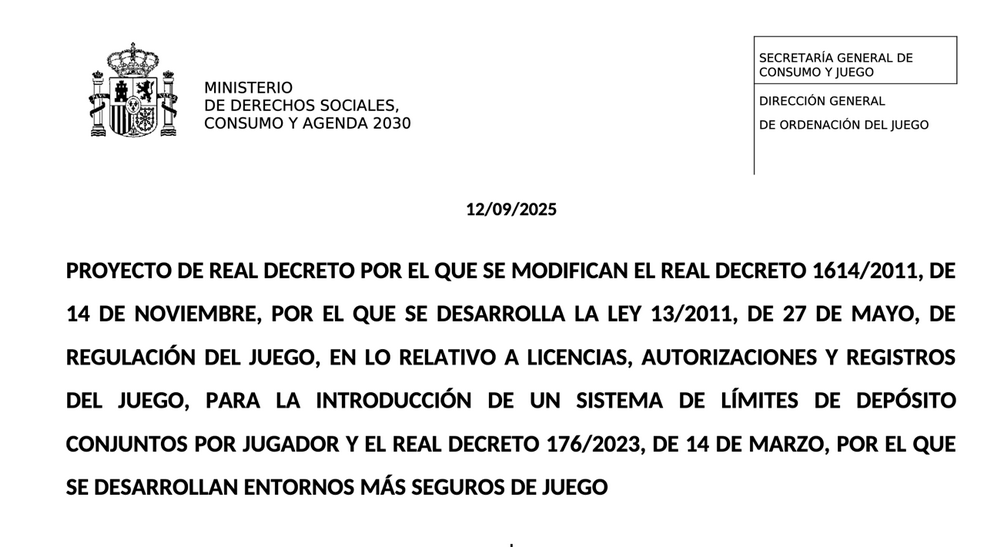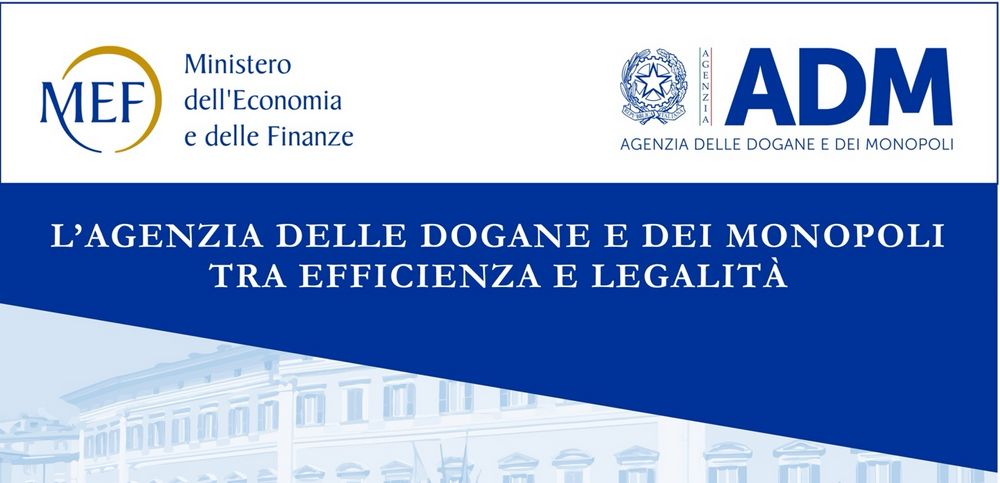As the country’s gaming sector prepares for further consultations on a regulatory reform, the UK Gambling Commission has set out six areas for further research and evidence collection.
The regulator unveiled its Evidence Gaps and Priorities programme for 2023-2026 this morning. The programme looks to examine gaps that need to be filled in the evidence around the UK gambling sector to achieve a ‘safer, fairer and crime-free’ industry.
Specifically, the Commission will seek evidence on early gambling experiences and gateway products; the range and variability of gambling experiences; gambling-related harms and vulnerability; the impact of operator practices; product characteristics and risk; and illegal gambling and crime.
“Evidence matters,” Tim Miller, UKGC Executive Director of Research and Policy, asserted.
“We all make decisions based on how we understand the world around us, what the evidence is telling us. The bigger the decision and the wider it’s impact, the more likely we all are to want more information before we act. Before the big choices, we all want to fill in the gaps in our understanding. What’s true for us all in our daily lives is just as true for our understanding of gambling.”
Product Risks
In its remit, the Commission is required to identify new and emerging risks, either from changing consumer behaviors or in relation to industry products. As a regulatory body, it cites the analysis of product risks and characteristics as one of the industry’s most complex research elements.
To date, existing research has focused on the characteristics of gaming products such as slot games and betting products, highlighting aspects like frequency, audio-visual factors, rewards, information provision, and structural characteristics.
At a user level, research has focused on how individuals interact with different gambling products at various times and their understanding of concepts like probability and randomness.
However, it is recognized that “there is no single homogenous gambling journey”. As such, deeper research is required to analyze product characteristics and whether they increase user risks or experience of potential harms. Product research should include real-time account activity data, survey data, data linkage, or evaluated product trials in live environments.
Questions to determine product risks should cover understanding if certain product characteristics are associated with gambling-related harms; whether some characteristics disproportionately affect certain types of gamblers; how products can be designed to mitigate risk without compromising enjoyment; and how people’s patterns of play vary between products.








































